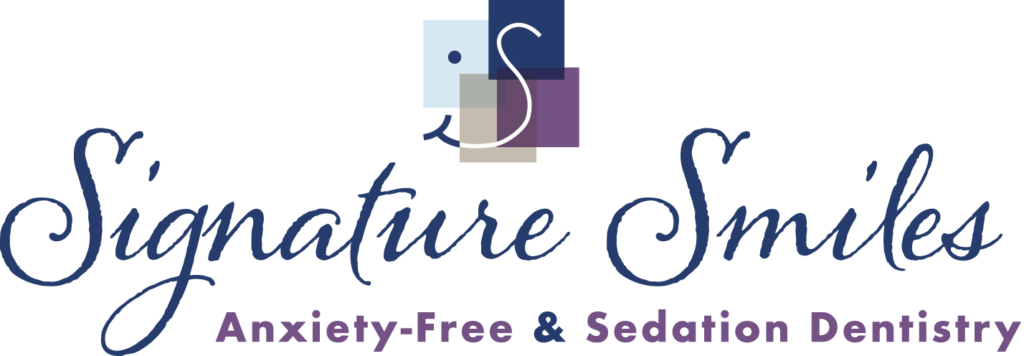
Tooth pain can range from a minor annoyance to a major headache, and it can be hard to know whether what you’re experiencing is a true emergency. However, knowing how to react when tooth pain and dental emergencies occur can lead to quicker treatment and a smoother recovery. In this blog post, our team shares some tips for easing common sources of tooth pain.
Tooth Sensitivity
This time of year, sensitive teeth are more common due to cold weather. If your teeth are painfully sensitive, consider adding a mouthwash with fluoride to your daily routine. Fluoride helps strengthen tooth enamel and can ease sensitivity. Additionally, make sure you’re brushing with a soft-bristled toothbrush and an anti-sensitivity toothpaste twice a day for two minutes each time.
Toothache
Sometimes a toothache occurs because a piece of food is trapped right below the gumline. If that’s the case, gently floss and swish with some warm salt water to dislodge the debris. Other times, toothaches can be a sign of a more serious problem, like advanced tooth decay or a broken tooth. If your pain is severe, call us as quickly as possible for an emergency dental appointment at our office. While you’re waiting, a cold compress or over-the-counter pain medicine can help make you more comfortable.
Damaged or Knocked-Out Tooth
If you chip or break a tooth and it’s causing you pain or cutting the inside of your mouth, call us ASAP. The same goes if you accidentally knock a tooth out — with timely treatment, there’s a good chance your tooth can be saved. Place your tooth gently back in its socket if you can or keep it between your cheek and gum or safely stored in milk until you arrive at our office. You want to keep it moist.



